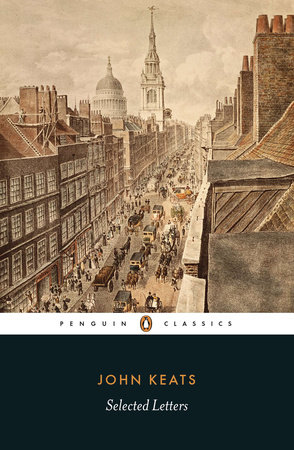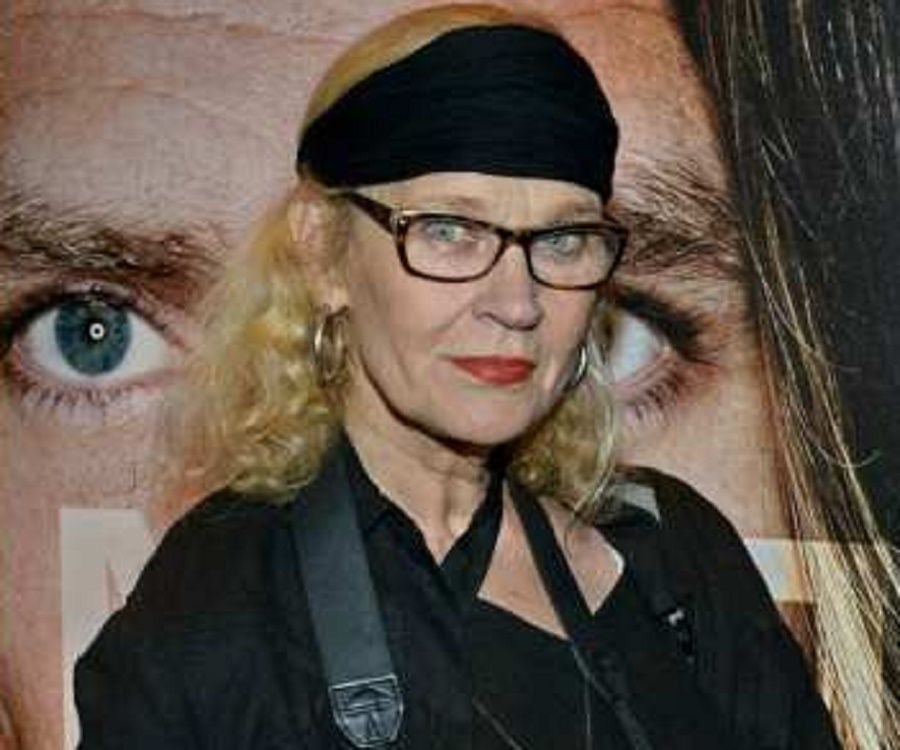

Eliot Prize for The Beauty of the Husband, a British critic, Robert Potts, set off a nationwide debate, attacking Carson in the Guardian as a tuneless mountebank whose book was merely a “self-pitying account of marital unhappiness.” In 2001, an essay in a Canadian magazine argued that her work must be a fraud, a kind of literary Sokal Hoax-the sententious concoctions of a writer intent on an exposé of excruciatingly allusive postmodern work. ( If Not, Winter, her most recent book, is a translation of Sappho’s poems and fragments.) Predictably, all the attention inspired eye-rolling and worse among the more traditional academics and critics. So is her stable of reference-Gertrude Stein, Sigmund Freud, Antonin Artaud-and her approach: postmodern juxtapositions of the old and the new (“TV is hardhearted, like Lenin”), oblique hints at dark intimacies (“ Show me yours/ and I’ll give you something good“) and Sapphic themes: She’s not a lesbian, but Autobiography of Red sympathetically imagines the loneliness of having to cloak one’s identity. The subjects that preoccupy Carson-sexuality, irony, the media-are trendy ones. In 2000, at the age of 49, Carson was adoringly profiled in the New York Times Magazine. With the publication in 1998 of Autobiography of Red, a novel in verse, she also won crossover recognition: The book-not, in fact, a memoir at all-sold approximately 20,000 copies, charming readers with its coming-of-age story of homosexual love between a red monster named Geryon and a modern-day teenager named Herakles.

(Take life in the Town of Luck: “Digging a hole./ To bury his child alive./ So that he could buy food for his aged mother./ One day./ A man struck gold.”) In short order, Carson was awarded a Guggenheim Fellowship and a MacArthur genius grant. The poem, “The Life of Towns,” uses fragments to explore “the illusion that things hold together somehow.” It is characteristically gnomic-and oddly punctuated-but also characteristically ironic in style. Bloom chose one of her poems for an anthology and suggested that other poets plead for a “transfusion” of her wit.

Then, in the mid-’90s, Carson (in her 40s) published two utterly assured books of poetry in quick succession- Plainwater and Glass, Irony and God-and arrived like Athena full-born on the scene of English-language poetry, intriguing readers with her riffs on television and historical esoterica.


 0 kommentar(er)
0 kommentar(er)
